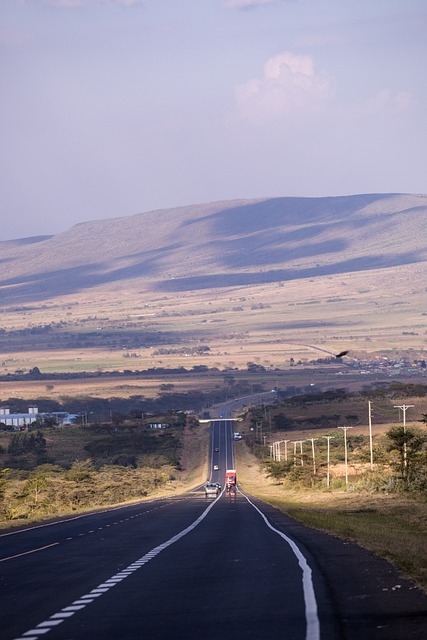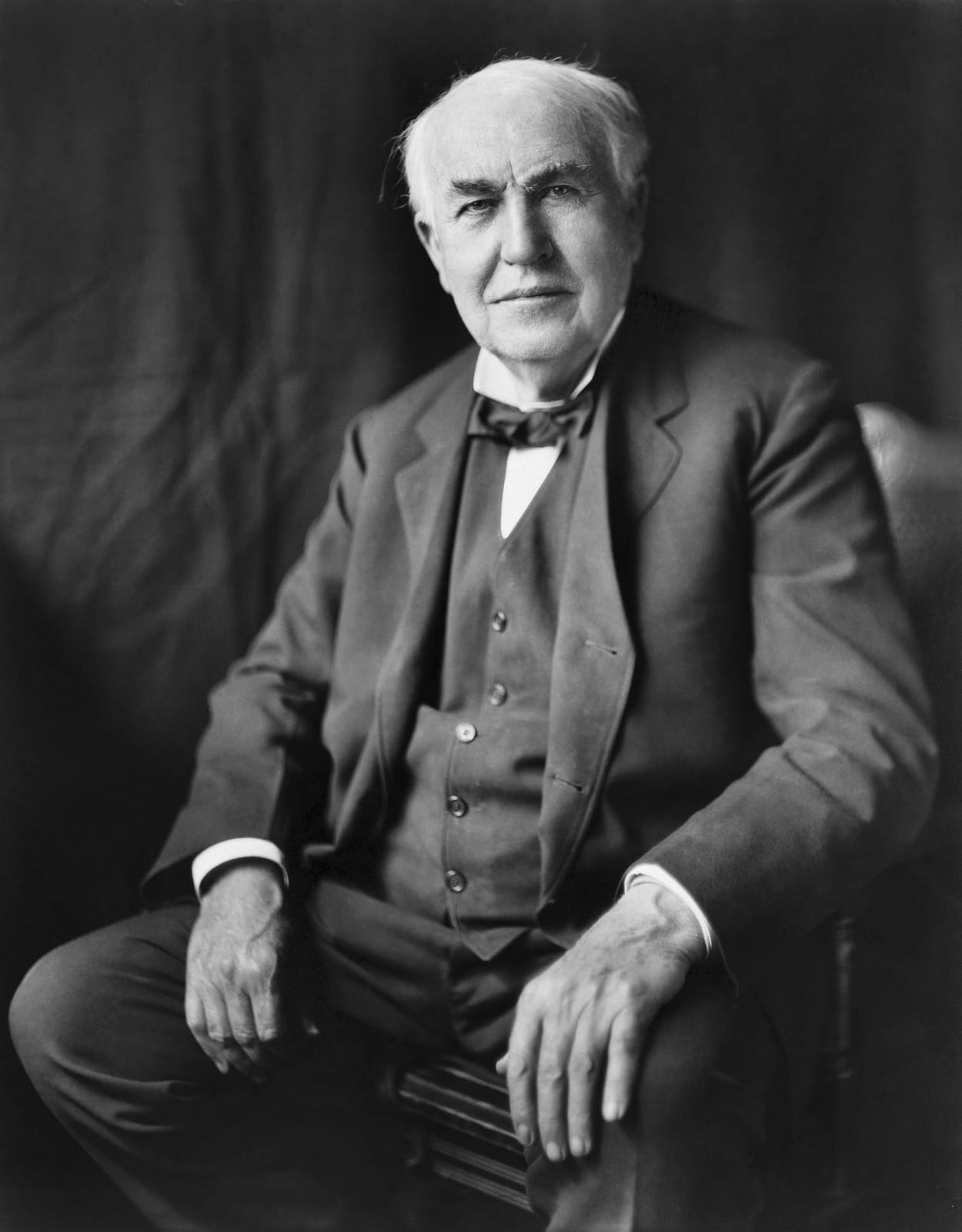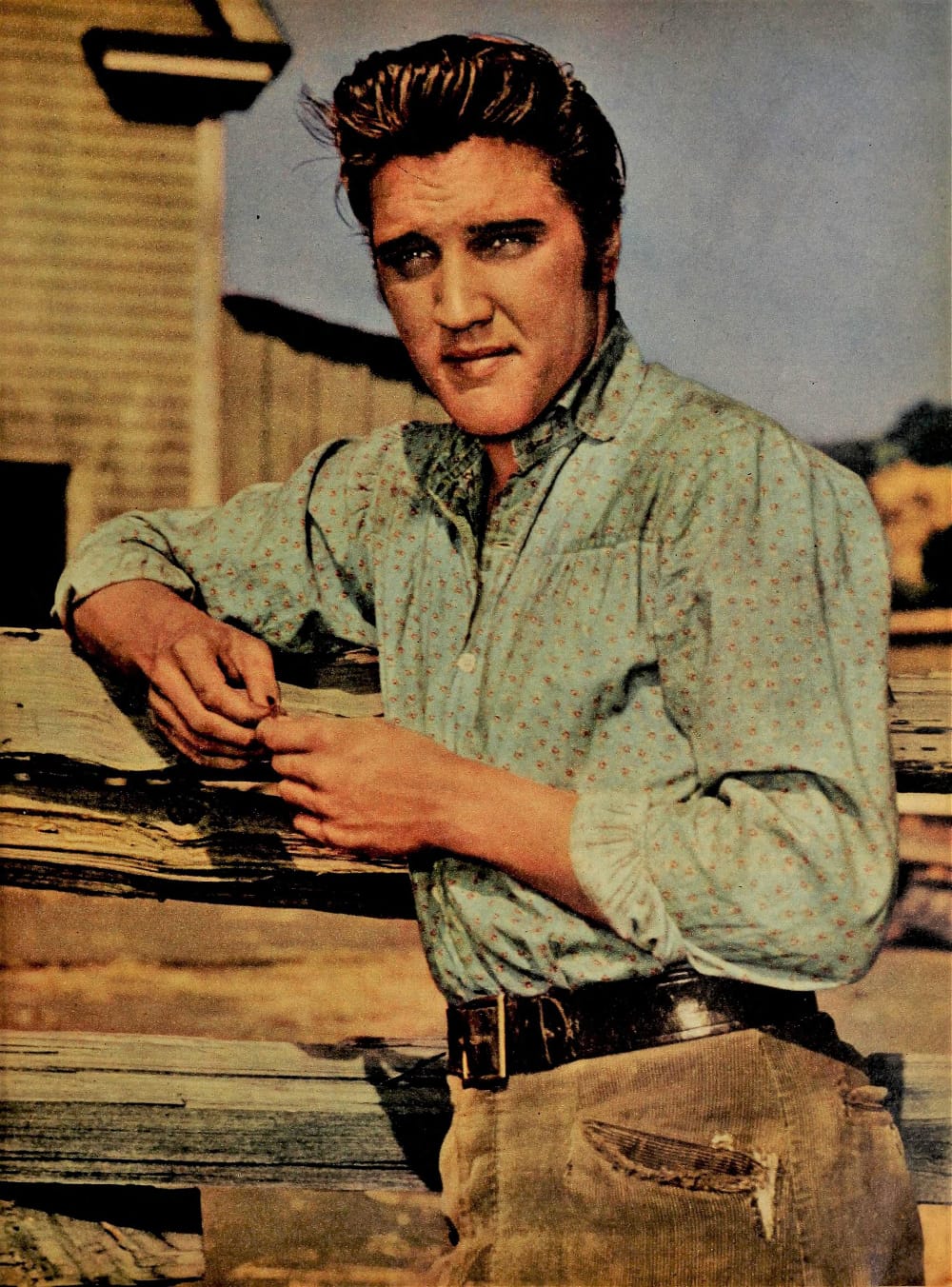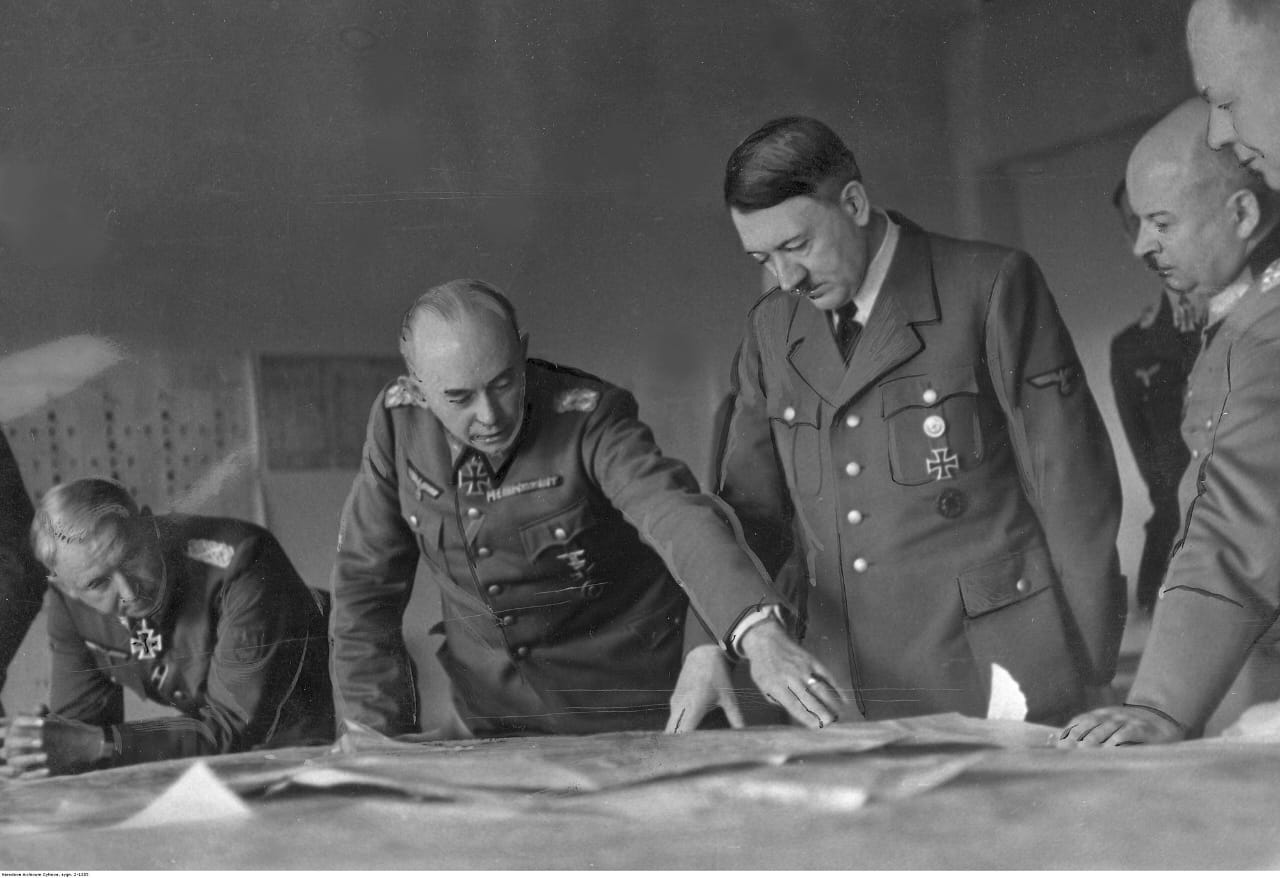Have you ever paused to think about how a single moment—a battle, a discovery, a political decision—can ripple through history, shaping nations, ideologies, and the trajectory of entire civilizations? December 12 may seem like just another date on the calendar, but across the centuries, it has borne witness to events that have altered the course of human history. Let’s explore these events, peeling back the layers of time to uncover the struggles, triumphs, and complexities of our shared past.
1191 – The Siege of Acre Ends: A Crusade’s HighWater Mark
The siege had dragged on for nearly two years. By the time Acre’s walls crumbled in 1191, the weary Crusaders were barely holding onto their hopes of reclaiming Jerusalem. The Third Crusade was not a story of quick victories but of long and grueling endurance. King Richard the Lionheart, a figure as polarizing as he was charismatic, led the charge alongside other European leaders.
The city of Acre, a jewel of the Levant, was a prize of immense strategic importance—a gateway to the Holy Land. When the city fell to the Crusaders, it was a moment of celebration but also of grim realization. They had won the battle, yes, but the war for Jerusalem was far from over.
The siege is not just a tale of swords and fortresses; it’s a story about the human spirit’s capacity for resilience, fueled by faith, ambition, and sheer stubbornness. And while Richard’s name shines bright in history books, one can’t help but ponder the resilience of the Ayyubid defenders under Saladin, who fought tooth and nail for every inch of Acre.
1535 – The Execution of Sir Thomas More: A Stand for Conscience

It’s not every day that someone becomes a martyr for refusing to compromise their beliefs, but Sir Thomas More was no ordinary man. By 1535, Henry VIII was a monarch in rebellion—not against another king, but against the Pope. The English Reformation had torn through the country, and More, once a trusted advisor, found himself on the wrong side of the king’s ambitions.
More’s refusal to recognize Henry as the Supreme Head of the Church of England sealed his fate. His execution on July 6, 1535, was swift, but its echoes would last for centuries. He faced death with the quiet dignity of a man who had made peace with his choices, reportedly saying, “I die the King’s faithful servant, but God’s first.”
More’s story is more than a footnote in the annals of history. It’s a reminder of the cost of integrity in the face of overwhelming power. For those who have ever had to choose between what is easy and what is right, More’s unwavering defiance remains a powerful symbol of moral courage.
1602 – The Dutch East India Company: The Birth of a Global Superpower
Fastforward to the dawn of the 17th century, when the world was getting smaller—or at least, that’s how it felt to those aboard the Dutch East India Company’s ships. Founded in 1602, the company wasn’t just another trading firm; it was a trailblazer, a prototype for the multinational corporations we know today.
The VOC, as it was known, changed everything. Spices, textiles, and gold flowed like water through its ports. But behind the wealth and innovation lay a darker story—one of exploitation and colonial domination. The VOC didn’t just trade; it conquered. Its ships carried not just goods but the weight of European imperialism.
The company’s dual legacy is hard to ignore. On the one hand, it ushered in modern capitalism and revolutionized trade. On the other, it left scars on the lands and peoples it exploited. It’s a history that forces us to grapple with the uncomfortable truth about the costs of progress.
1777 – The Battle of White Marsh: A Winter of Resilience

Picture this: it’s December 1777. General George Washington’s Continental Army, battered and frostbitten, stands their ground near Philadelphia. The Battle of White Marsh wasn’t a decisive victory for the Americans, but it was something just as valuable—a demonstration of their resilience.
Washington’s army was outmatched in nearly every way—except for determination. The British had hoped to crush the rebellion with brute force, but Washington’s strategic maneuvering made it clear that this war would not be won so easily.
In a sense, the battle was a microcosm of the entire Revolutionary War. It wasn’t about flashy victories or grand gestures; it was about endurance, about refusing to give up even when the odds seemed impossible.
1911 – The First Monte Carlo Rally: The Thrill of the Road
The roar of engines, the crunch of tires against snow, the sheer audacity of taking on the unforgiving European roads—this was the Monte Carlo Rally of 1911. It wasn’t just a race; it was an endurance test, a proving ground for both man and machine.
Participants drove from cities across Europe, braving treacherous weather and unpredictable terrain to reach Monaco. The rally quickly earned a reputation for demanding the very best from its competitors, not just in terms of skill but also in resilience and adaptability.
Over time, the Monte Carlo Rally became synonymous with excellence in motorsport. It wasn’t just about crossing the finish line; it was about pushing boundaries, about proving what was possible when courage and innovation collided.
1963 – Kenya Gains Independence: A Nation Rises

The air was electric with hope on December 12, 1963, as Kenya finally broke free from British colonial rule. The journey to independence had been long and arduous, marked by resistance movements like the Mau Mau Uprising. But at last, the day had come.
Jomo Kenyatta, the man who had become the face of Kenya’s independence movement, stood before the world as the country’s first president. His words on that historic day—“Let this be a day of unity and hope”—carried the weight of a nation’s dreams.
Independence brought with it both opportunities and challenges. The scars of colonial rule didn’t disappear overnight, and the work of building a new nation was daunting. But Kenya’s story is one of resilience, of a people who refused to accept subjugation and dared to envision a brighter future.
2000 – Bush v. Gore: The Fragility of Democracy
The year was 2000, and the United States was grappling with one of the most contentious presidential elections in its history. The Supreme Court’s decision in Bush v. Gore on December 12 effectively ended the Florida vote recount, handing the presidency to George W. Bush.
The ruling was a watershed moment—not just for the election but for American democracy itself. It exposed deep divisions, raised questions about the electoral process, and left many wondering how a system so carefully constructed could feel so precarious.
Even today, the case serves as a stark reminder of the importance of transparency and trust in democratic institutions. It’s a moment that continues to resonate, especially in an era of increasing political polarization.
Reflections on Time’s Turning Points
Each of these events, from medieval sieges to modern courtrooms, carries with it a story of struggle, ambition, and resilience. They remind us that history is not a series of isolated moments but a tapestry woven from the threads of countless lives and decisions.
What connects the Siege of Acre to the Battle of White Marsh or the independence of Kenya to the Monte Carlo Rally? Perhaps it’s the universal human spirit—the drive to endure, to innovate, to fight for what matters.
As we reflect on these milestones, we’re left with a question: What will our legacy be? Will future generations look back on us with the same mix of admiration and introspection? Only time will tell. But if history has taught us anything, it’s that the decisions we make today echo far beyond the present.



